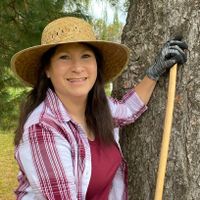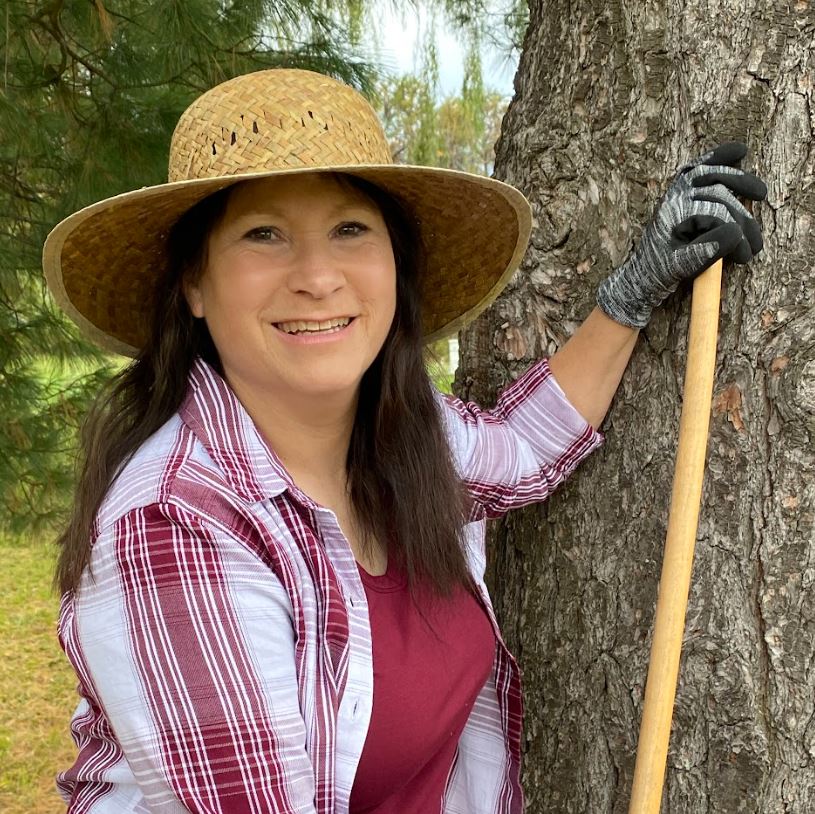Indoor Herb Gardening: Growing Herbs In Low Light


Have you tried indoor herb gardening but found you don't have optimal lighting for growing sun-loving plants like lavender, basil, and dill? While you might not be able to cultivate all herbs inside without a southern-facing sunny window or supplemental lighting, there are plenty of shade tolerant herbs which grow nicely indoors.
Growing Herbs in Low Light
For most households, the easiest low-light indoor herbs to grow will be soft-leaved species that mature at shorter heights. These culinary herbs can comfortably sit in a windowsill or on a small table in a well-lit area:
In addition to culinary herbs, gardeners might wish to focus their indoor herb gardening experiences on scented plants, such as:
- Catmint – This mint family member is related to catnip, but catmint has a shorter, more compact stature making it better suited for indoor herb gardening.
- Musk geranium – The magenta flowers and scented leaves of musk geranium makes it ideal for potpourri or to scent perfumes.
- Sweet Woodruff – Used in the Middle Ages as a medicinal herb, dried woodruff leaves have an aroma similar to freshly mowed hay.
Tips for Growing Herbs in Low Light
Even though many of our favorite herbs can be grown inside the home, a little extra diligence is the key to success when growing herbs in low-light conditions. Thinking back to high school science class, light generates plant growth through the process of photosynthesis. The more light a plant receives, the faster and more compact it will grow.
Conversely, gardeners can expect slower, more leggy growth with low-light indoor herbs. Follow these tips to keep shade tolerant herbs healthy inside your home:
- Provide as much light as possible – Keep plants as close to windows as outside temperatures will permit. If possible, move plants to different windows throughout the day. Avoid overcrowding planters to allow more light to reach individual plants and leaves.
- Fertilize sparingly – Even in sunny conditions, overfertilization promotes leggy growth. To avoid this, apply half-strength fertilizer and limit feedings to once every two months.
- Don't overwater – On cloudy days, low-light indoor herbs grow less and, thus, require less water. Check soil moisture levels before watering to avoid root rot and fungal diseases.
- Harvest frequently – Routinely pinch back the growing tips to encourage branching. This helps keep shade tolerant herbs more compact.
- Watch for pests – Due to lack of natural predators, low-light indoor herbs are more susceptible to insect infestations. Remove pests, like aphids, with a spray of water or insecticidal soap.
Sign up for the Gardening Know How newsletter today and receive a free copy of our e-book "How to Grow Delicious Tomatoes".

Laura Miller has been gardening all her life. Holding a degree in Biology, Nutrition, and Agriculture, Laura's area of expertise is vegetables, herbs, and all things edible. She lives in Ohio.